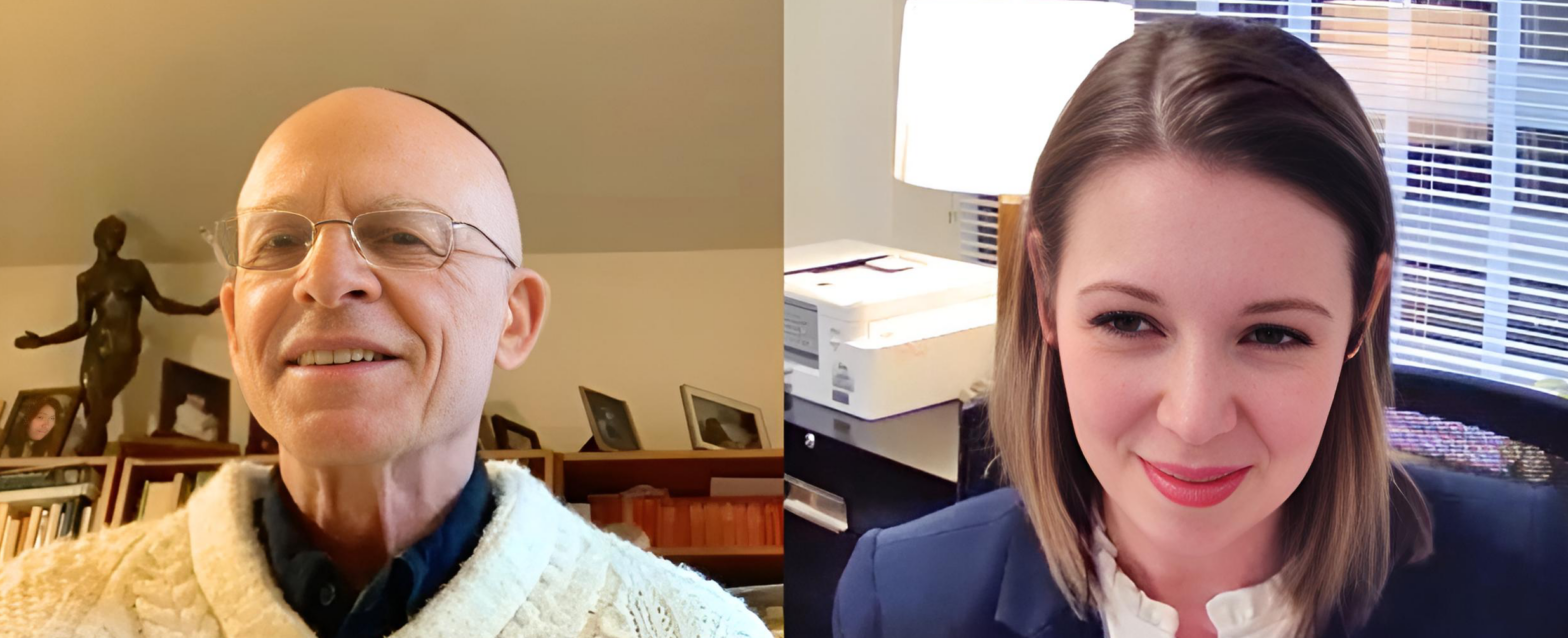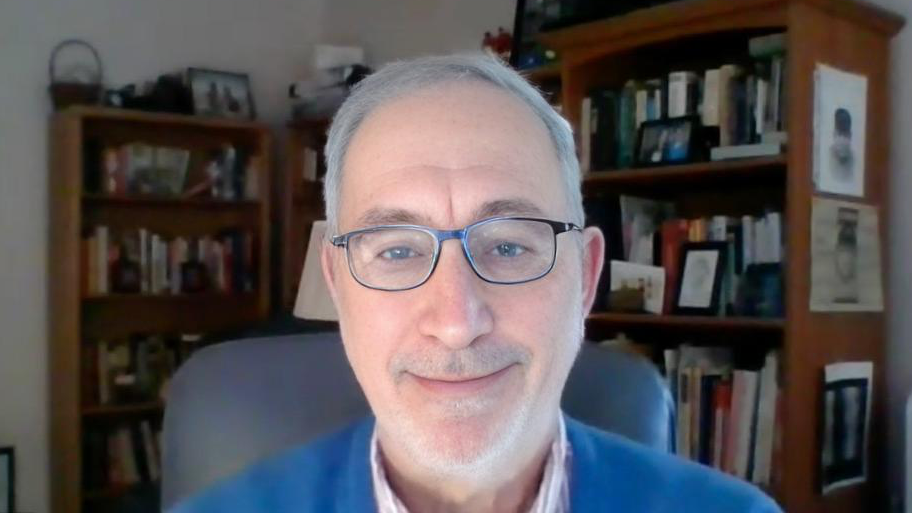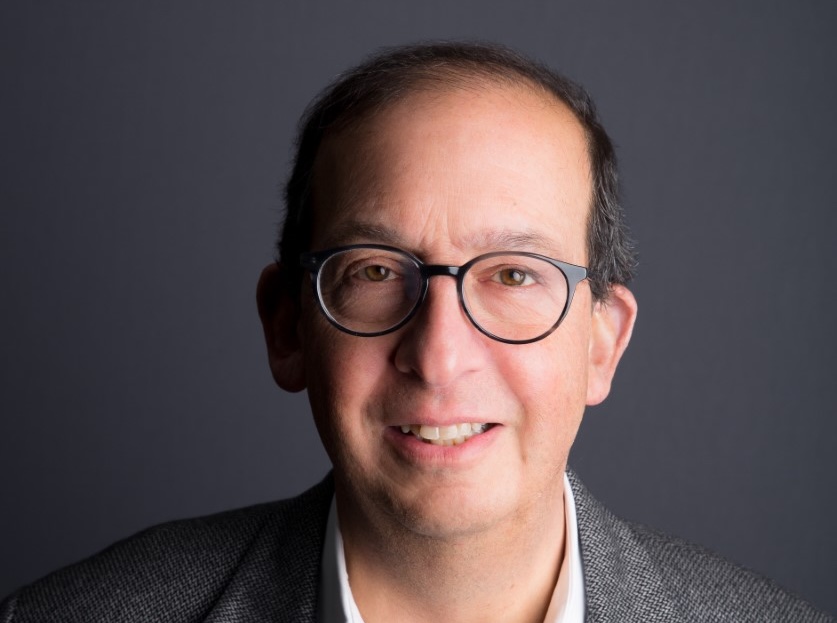The American Council of Trustees and Alumni’s president and vice president talk to Michael E. Hartmann more about the need for and nature of higher-ed reform in the wake of the October 7 Hamas attack and its aftermath—including on-campus pro-Hamas activities, their tolerance if not encouragement by administrators, and the “donor revolt” against all of it.
The American Council of Trustees and Alumni (ACTA) was founded in 1995 to bring the voices of alumni and then trustees to the important internal and external discourse about what American higher education should be and how it should be run, including the ways in which it should be funded.
In the wake of the horrific October 7 attack on Israel by Hamas, subsequent on-campus activities in defense of or actually outright promoting Hamas, and notably conspicuous silence from higher-ed administrators about the attack and those activities, there has been renewed attention to that funding by donors. This “donor revolt,” as some have aptly described it, has again raised many ACTA-like questions and concerns about such funding. Some high-profile donors have even withdrawn or suspended their support or particular higher-ed institutions.
Michael Poliakoff joined ACTA in 2010 as its vice president of policy and became its president in 2016. He is a former vice president for academic affairs at the University of Colorado and has served in senior positions at the National Endowment for Humanities, the National Council on Teacher Quality, the American Academy for Liberal Education, and the Pennsylvania Department of Education. He teaches at George Mason University and has taught at Georgetown University, George Washington University, Hillsdale College, the University of Illinois–Chicago, and Wellesley College.
Emily Koons Jae is ACTA’s vice president for development and philanthropy. She formerly directed its Fund for Academic Renewal, which offers helpful advice and guidance to existing and would-be higher-ed donors. She has also worked at the Commonwealth Foundation for Public Policy Alternatives in Pennsylvania and the Jack Miller Center.
Poliakoff and Jae were kind enough to join me for a conversation late last month. In the first part of our discussion, which is here, they talk about ACTA’s mission and history, including the pace of higher-ed reform pre-October 7.
The about 15-minute video below is the second part, during which they talk more about the need for and nature of higher-ed reform in the wake of the October 7 Hamas attack and its aftermath—including on-campus pro-Hamas activities, their tolerance if not encouragement by administrators, and the “donor revolt” against all of it.
After October 7, many higher-ed donors feel “a deep sense of betrayal and perhaps even a sense of awakening,” Poliakoff tells me.
The betrayal was watching students, the day after the worst massacre of Jews since the Holocaust, celebrating this. … I asked two questions immediately: Who raised these children? And who pretended to educate them? The antisemitism problem on campus had been a dirty little secret for a very long time.
As for donors, according to Poliakoff, they “should not be looked upon as piggy banks or check-writers or guests at the football game. They’re the guardians of values. And this is an opportunity for them to say, ‘It’s not our checkbooks that are an issue now, it’s our values.’”
Asked about “task forces” that are being and will be formed by higher-ed institutions to try addressing the problem, Poliakoff says, “Personally, I doubt that these kind of cosmetic measures are likely to convince the sorts of people like Clifford Asness and Jon Huntsman and Mark Rowan. What I worry about is the smug response that we heard from Penn: “They’ll be back. Give it a few years.’” The donors now in revolt should “make so absolutely clear that this is going to be a fiscal hit, because schools really do understand that—sadly, perhaps more than they understand values.”
Jae adds, “We know that giving in a restricted manner is a lot more difficult than just writing that blank check. So that’s why we exist, to provide the services to make that easier—helping to identify good partners on campus, helping to identify good programs,” and “helping with a gift agreement to ensure that the gift stays true to the donor’s intent.”
What about aggressive proposals from some policymakers to deny or revoke tax-exemption to certain nonprofit groups, also active on campuses, supporting terrorism? “Hamas is an organization that is listed by the U.S. Department of State as a terrorist group,” Poliakoff reminds me. “Nobody has yet done the investigation that needs to be done, as far as I can tell, of the money trail—Hamas to Students for Justice in Palestine,” for instance. “That needs to be done. And certainly, as recently happened at Arizona State University, when you’ve got students throwing rocks at a library window because a Hillel group is meeting there, then there needs to be tough discipline.”
Some donors have had the courage “to speak up and say something,” Jae says. “I’m hoping that will inspire other philanthropists to know that they don’t have to continue funding a status quo that is so broken, that they can do what these other donors did and make a real statement that could make a difference.”



